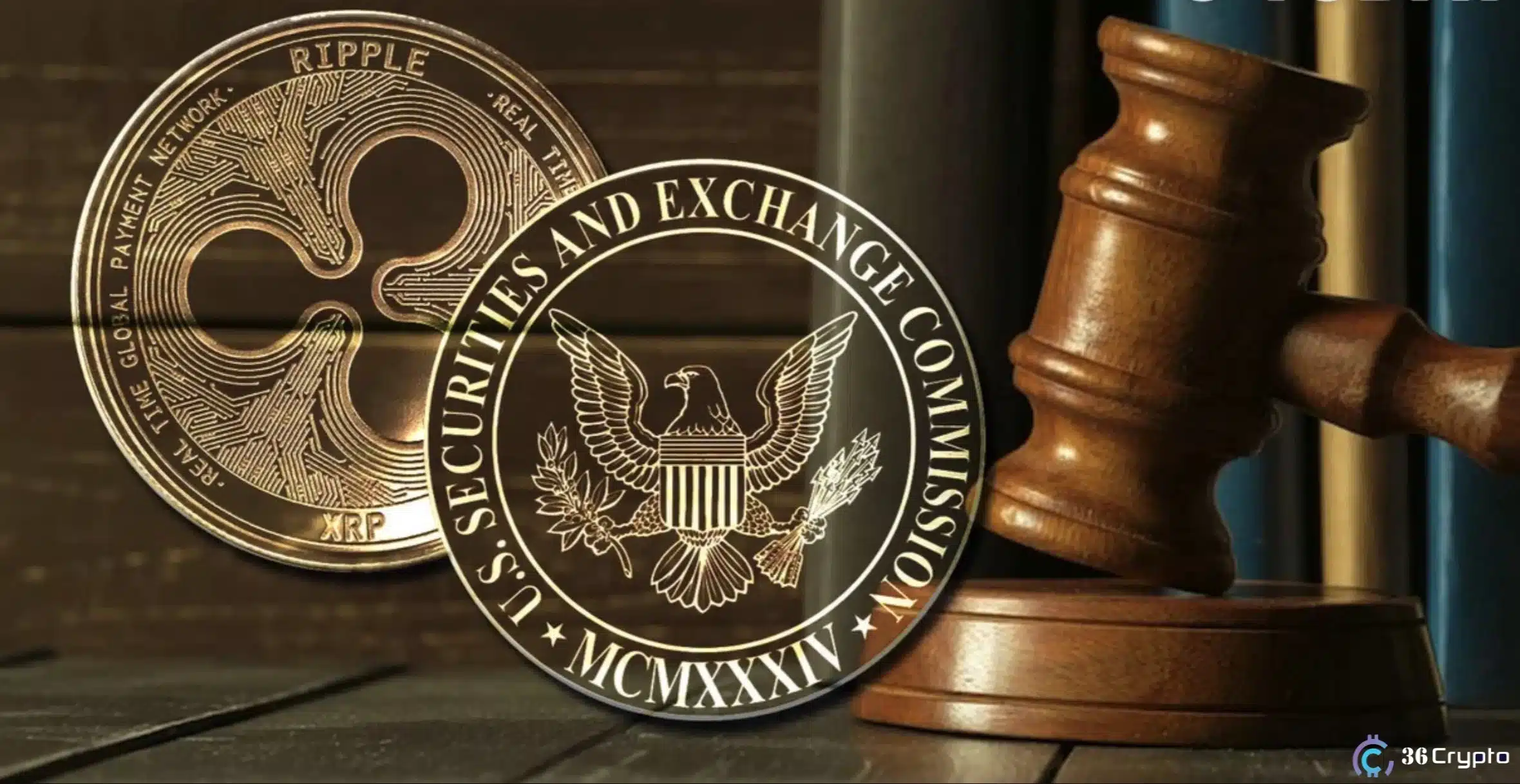Judges across several high-profile cases have begun voicing strong criticism against the U.S. Securities and Exchange Commission’s (SEC) approach to cryptocurrency regulation. This backlash marks a significant shift as multiple court decisions push back against the SEC’s broad classification of digital assets as securities.
In the recent SEC v. Ripple case, Judge Torres also concluded that the XRP token is not a security, which is a crushing blow to the SEC. This move was significant because it stripped down the SEC’s sweeping argument that being a digital asset is enough to make a token a security. XRP lawyer Bill Morgan stressed this decision as the critical factor affecting the debate over cryptocurrency regulation.
Also Read: Ripple Burns 185 RLUSD Tokens as Stablecoin Testing Progresses
Judicial Retaliation Against SEC’s Expansive Crypto Regulation Approach
Judge Orrick added more criticism of the SEC’s approach in the SEC v. Payward Inc. case, which involved the Kraken, one of the biggest cryptocurrency exchange platforms. During the hearings, Judge Orrick, in his wise discretion, said that “orange groves are no more securities than those tokens are,” which means that the SEC’s efforts to categorize digital assets as securities are unwelcome by the court. He asked the SEC to differentiate between the token and the circumstances that led to its sale.
Another significant case is SEC v Binance, Judge Jackson, where the judge dismissed the SEC’s argument of a crypto token as an investment contract. However, Judge Jackson advocated that a token may be regarded as an investment contract under specific circumstances, not that it is intrinsically. This ruling also questions the SEC’s broad definition of securities laws regarding cryptocurrencies.
Nevertheless, the SEC has maintained its increased vigor in going after the crypto industry through enforcement actions. This year alone, the agency has sent Wells notice or filed a lawsuit against or settled with multiple crypto businesses, including major players such as ShapeShift, TradeStation, and Unisaw. Legal battles have also involved the regulator and centralized exchanges, including Coinbase, Kraken, Binance, and Robinhood.
Ripple’s Recent Triumph and the SEC’s Widening Purge
The recent development of quite a breakthrough in the case favored Ripple when the court significantly decreased the amount demanded by the SEC and set it at $125 million. This was a significant cut by any stretch of the imagination, reducing the SEC’s initial request by 94%.
In a recent flight, the SEC expanded its campaign against fraud in the crypto industry through the NFT business, threatening OpenSea, the most popular NFT marketplace, with a Wells notice. This action against OpenSea indicates that the SEC is escalating its regulatory war against the new frontiers of the crypto industry. OpenSea’s CEO answered by labeling the SEC’s action as going to ‘new waters’ because such an action has not been seen before in the markets.
The prolonged legal disputes and judicial outcry raise the tension to a new level in the relations between the SEC and the cryptocurrency industry, which will significantly define the regulation pattern in the United States.
Also Read: Ripple Case Faces Uncertain Appeal as Judges Show Support for Torres’ Ruling
